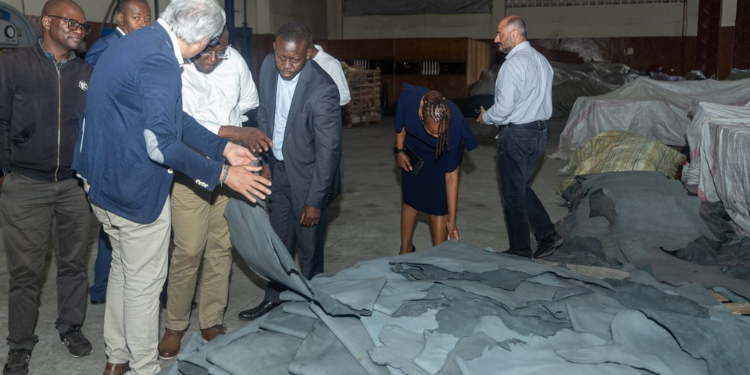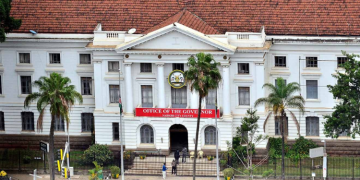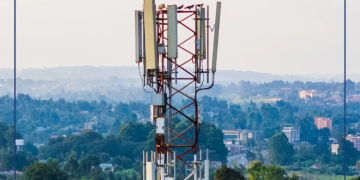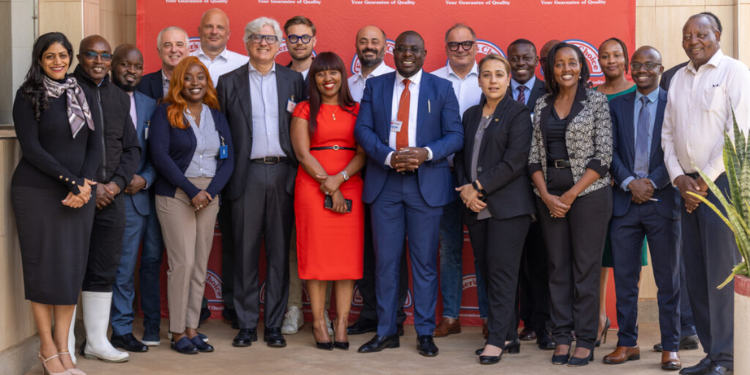Italian Ambassador to Kenya, Roberto Natali, has announced Italy’s commitment to reviving the Kenyan leather industry alongside other countries in the East and Central African region.
On June 18, 2025, Italian Ambassador to Kenya, Roberto Natali, joined strategic financial partners and a delegation of leather industry experts for a meeting at Equity Centre in Nairobi to discuss key strategies for reviving Kenya’s leather industry.
Italy’s Participation in the Kenyan Leather Industry
Italy is renowned for its remarkable leather tanning industry globally, with an industry rooted in centuries of craftsmanship in regions such as Tuscany, Veneto and Campania. In 2023, Italy was responsible for 20% of global leather production and nearly 65% of leather produced in Europe, with more than 1,200 tanning companies with an annual turnover exceeding Ksh.741 billion.
Speaking at the Equity Centre, Natali recognised industry experts and Italian partners committed to adding value to the over five million animal skins wasted annually in Kenya.
Also Read: Equity Group Appoints New Foreign Members in Major Board Shake Up
“Kenya, with its abundant livestock and growing industrial base, is uniquely positioned to become a regional hub for leather processing and production of related products. We will support players in the industry, especially now that the authorities continue to emphasise the priority of leather as a key value chain through which youth can get jobs,” says Roberto Natalia.
Partners committed to improving the leather tanning industry
The Principal Secretary of Agriculture & Livestock Development, Jonathan Mueke, confirmed the government’s readiness to support the improvement of the Kenyan leather value chain.
The Kenya Leather Development CEO, Isaack Noor, has also seconded the minister’s message on his readiness to support the initiative through the Kenya Leather Development.
The Equity Group, through its Chief Strategy Officer, Brent Malahay, has committed to providing financial support to leather manufacturers by supporting them through insuring them. Investors also interested in contributing to the sector stand to benefit from 13 major registered tanneries.
Also Read: Japan Agriculture Minister Forced to Resign for Eating Free Rice
“We are keen on increasing the supply of quality hides and skins by training slaughterhouse staff, developing the necessary infrastructure, such as the Kenanie Leather Industrial Park in Machakos County, to facilitate aggregation for smallholder farmers as well as negotiating global agreements and supporting skills development,” says Noor.
Brent also welcomed the involvement of interested Italian investors who would stand to benefit from 13 major registered tanneries that provide an annual capacity of 31,400 tonnes of skin hides, 49 large slaughterhouses and 1,735 slaughter slabs.
A call for investors that deal in the manufacture of machines, technology and chemicals used in dehairing and tanning hides and skins to improve production in the region was encouraged.
Representatives from institutions which include Farmers’ Choice, Reddamac Leather Centre, Ikwetta, and Alphrama visited livestock farms and hides and skin processors to understand the local leather industry better.
The Equity Centre, in collaboration with the Kenya Investment Authority, aims to enhance the Kenyan leather industry by fostering growth opportunities and strengthening its role in driving socio-economic transformation.
Follow our WhatsApp Channel and X Account for real-time news updates.

PHOTO/Farmer’s trends

















































![Senator Allan Chesang And Chanelle Kittony Wed In A Colourful Ceremony [Photos] Trans Nzoia Senator Allan Chesang With Channelle Kittony/Oscar Sudi]( https://thekenyatimescdn-ese7d3e7ghdnbfa9.z01.azurefd.net/prodimages/uploads/2025/11/Trans-Nzoia-Senator-Allan-Chesang-with-Channelle-KittonyOscar-Sudi-360x180.png)
























